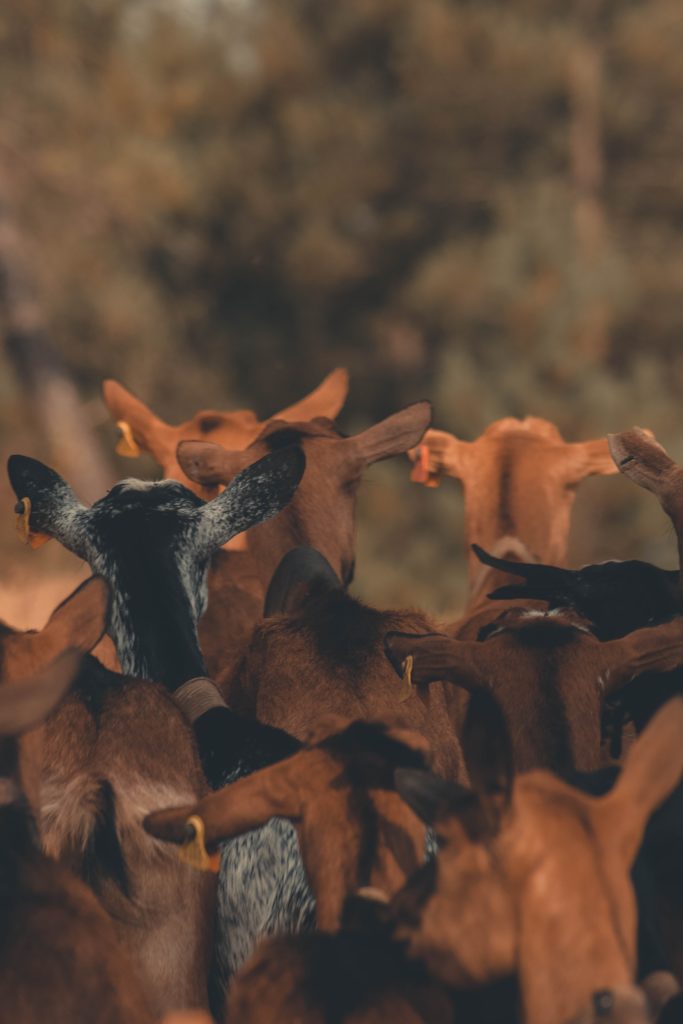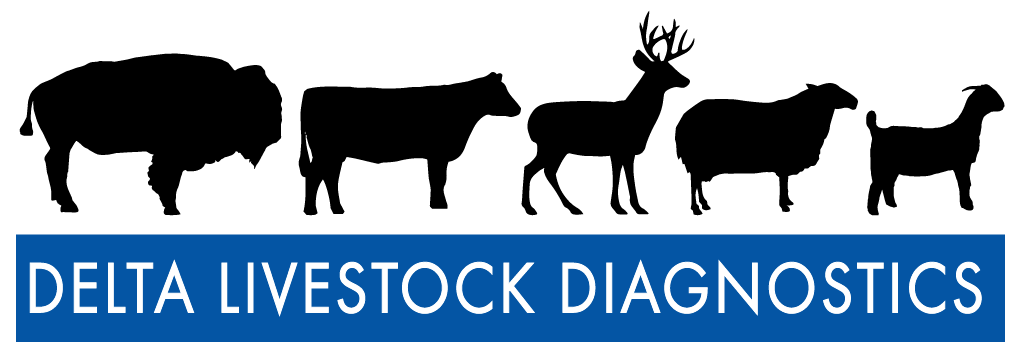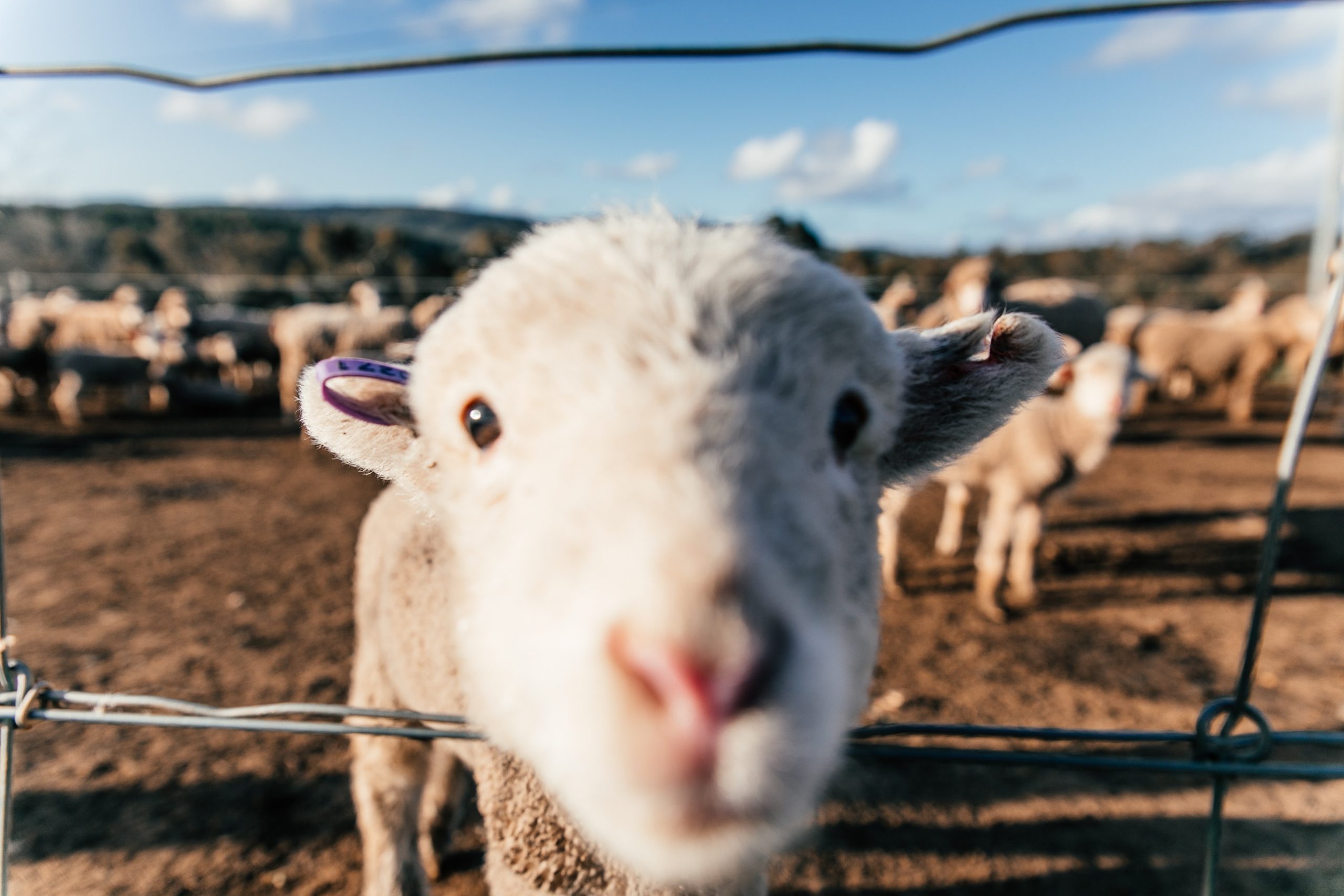Small ruminants, such as sheep and goats, have quietly thrived on American farms, but their incredible potential often remains a well-kept secret within the nation. The United States boasts some of the world’s most productive small ruminant herds, yet this valuable resource is only starting to gain recognition as an exceptional source of nutrition. Internationally, however, the demand for small ruminant products – meat, milk, and fiber – is skyrocketing. This global demand is creating a pressing need for more efficient and productive genetics, a demand that American farmers are uniquely poised to meet. In this blog post, we’ll explore the untapped potential of small ruminant genetics in the United States and how unlocking the economic potential of small ruminant genetics can lead to economic prosperity for rural communities.
https://www.oecd-ilibrary.org/sites/ab129327-en/index.html?itemId=/content/component/ab129327-en
The Power of American Small Ruminant Genetics
The United States stands as one of the three international markets equipped with data-backed genetics that can significantly enhance small ruminant production. American farmers have spent decades meticulously breeding and refining these genetics, creating a unique advantage in the global market. However, this remarkable achievement has remained largely under the radar, known only to a select few.

Shining a Global Spotlight
To unlock the full potential of American small ruminant genetics, it’s crucial to shine an international spotlight on these outstanding resources. This is where organizations like ours come into play. By showcasing the exceptional meat, dairy, and fiber genetics that American breeders have developed, we are instrumental in nurturing a lucrative export channel for domestically produced germplasm and live animals.
Empowering Rural Farms and Communities
The impact of this endeavor extends far beyond the confines of the farm. Rural farms and communities will reap the benefits of the growing global demand for small ruminant genetics. Here are some of the key advantages:
- Economic Security: Small ruminants and their genetics provide stability through multiple income streams from both the domestic and international markets. This economic security is a lifeline for farmers and can protect farmland from being lost to urban development.
- Job Creation: As the small ruminant industry expands to meet global demands, it creates jobs across the supply chain – from breeders and farmers to processors and exporters. These jobs support local economies and help sustain rural communities.
- Population Retention: Rural youth and college graduates often leave their hometowns in search of better opportunities. However, when there are prospects for financial success in farming, they have a reason to build their futures in rural areas. This trend can help reverse the decline in rural population numbers.
- Mental Health Benefits: Farming can be a stressful occupation, but financial stability and diversified income sources can alleviate some of the mental health stressors faced by farmers. Building a robust small ruminant genetics industry can contribute to improved well-being within farming communities.
The Path to a Multi-Billion Dollar Market
By bridging the gap between growing international demand and domestic genetic opportunities, we are laying the foundation for a potentially multi-billion dollar market for frozen sheep and goat germplasm. This thriving market can become a cornerstone of American agriculture and contribute significantly to the nation’s economy.
In conclusion, the United States possesses an incredible asset in its small ruminant genetics, and it’s time to unlock their full potential. By harnessing these genetics and connecting them to the burgeoning international demand, we can empower rural farms and communities, create jobs, and contribute to the long-term sustainability of American agriculture. The future is bright for American small ruminants, and it’s time for the world to take notice.

